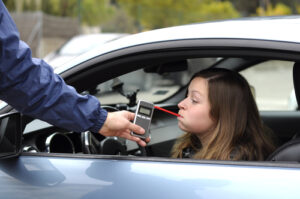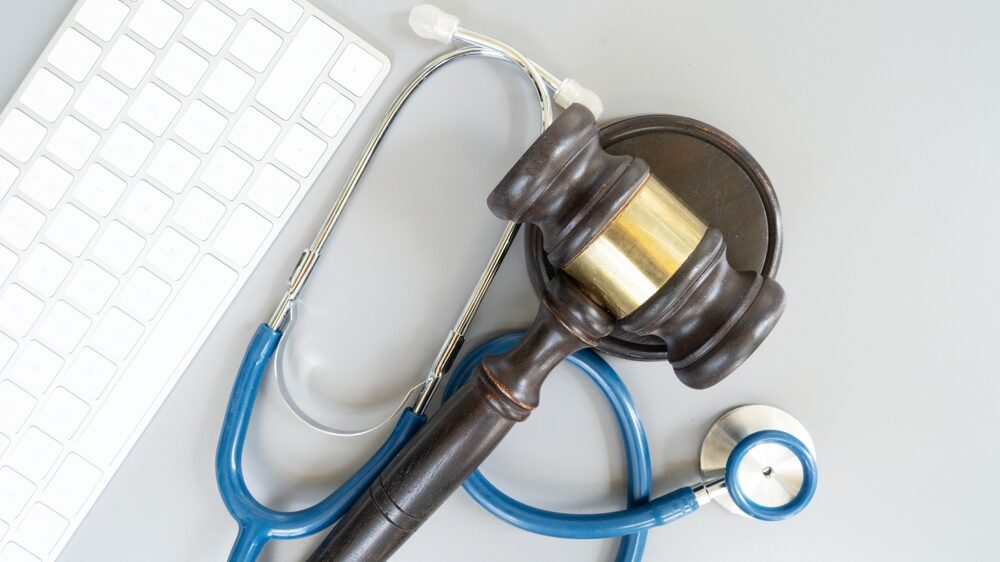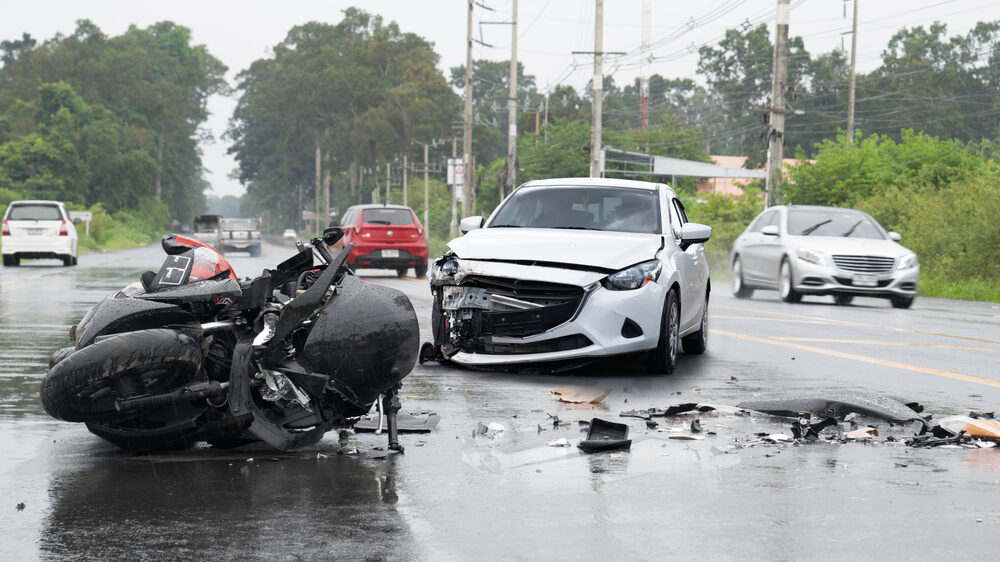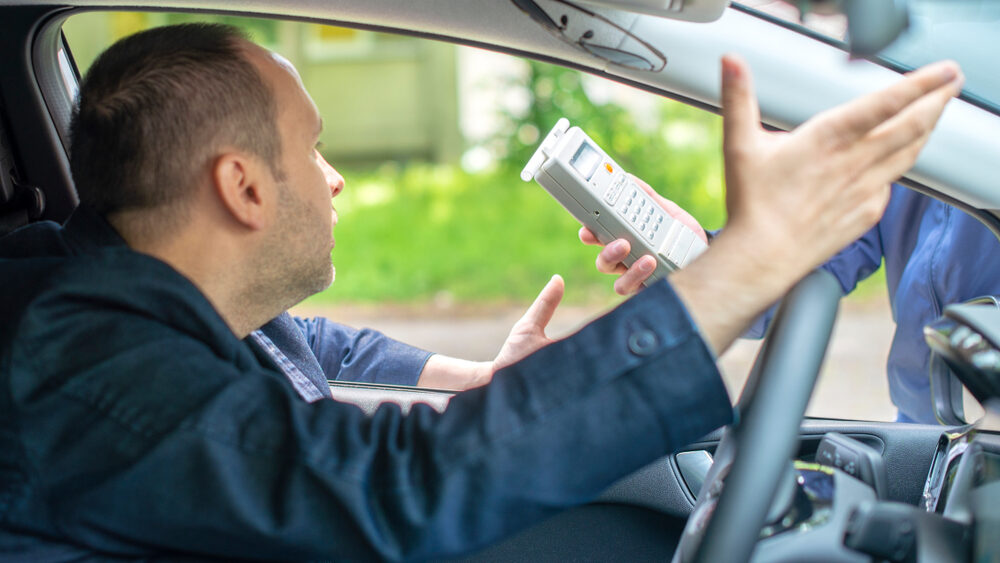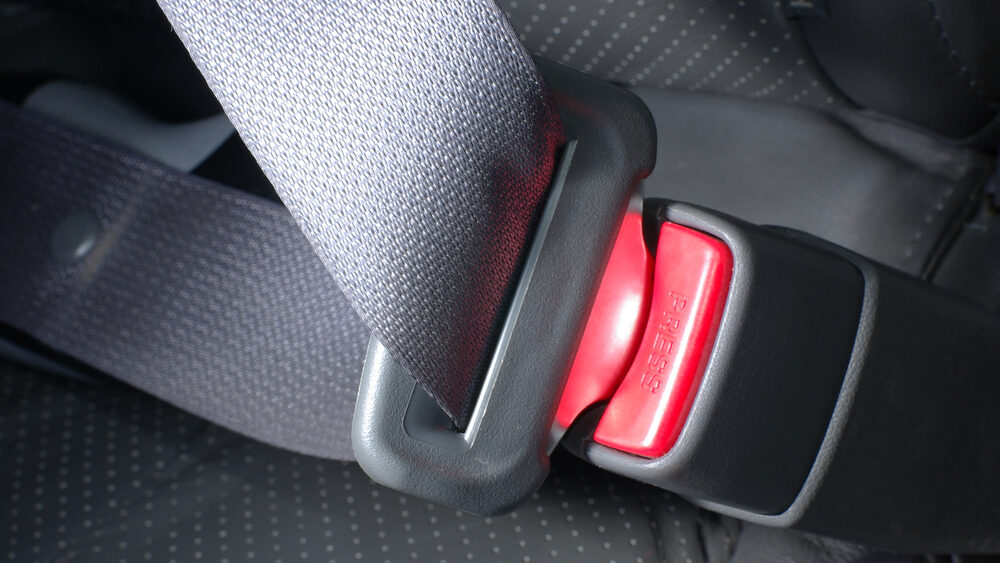What Happens If You Refuse a Breathalyzer Test in Pennsylvania?
If you are asked to take a breathalyzer test, chances are, you have consumed some amount of alcohol. Depending on the results of the breathalyzer test, you could face jail time or legal charges. You could even lose your driver’s license with driving under the influence charges. This leads many to wonder, what if you refuse a breathalyzer test? Can you still be charged?
Understanding Pennsylvania’s Implied Consent Laws
The state of Pennsylvania follows implied consent laws. This means that if you have a driver’s license in the state of Pennsylvania, then you have already agreed to consent to a blood-alcohol test. This means that you could face severe charges, if you refuse to consent to the breathalyzer test.
When you go to the Department of Motor Vehicle (DMV) to receive, or renew, your driver’s license, you fill out a lot of paperwork. One of these forms, Form DL-26, is also referred to as the Implied Consent Warning. Also referred to as the O’Connell Warning, this form implies your consent to a blood, breath, or urine test, as long as you are lawfully arrested. However, newer laws only allow the arresting officer to require a breathalyzer test and not a blood test, without consent or a warrant.
Consequences of a DUI in Pennsylvania
Blood Alcohol Levels (BAC) over 0.08% in the state of Pennsylvania are considered to be illegal. The state divides expected legal consequences into three categories, depending on the level of alcohol in your blood:
- BAC between 0.08-.099%: General impairment
- BAC between .10-.159%: High BAC
- BAC between .16 and higher: Highest BAC
The number of prior offenses will also affect the charges that you can expect. However, potential charges for a DUI in Pennsylvania include:
- Misdemeanor charges
- Felony charges
- License suspension
- Jail or prison time
- Legal fines
- Required probation
- Required alcohol highway safety school participation
- Drug or alcohol treatment
- Required ignition interlock installation
Individuals with a professional or commercial license also risk losing their license, which can affect their financial situation.
While refusing to consent to a breathalyzer test may not lead to DUI or DWI charges, it does carry legal consequences. You risk the suspension of your license, as well as an expensive reinstatement fine. Even if you hire legal representation to represent your DUI case and your lawyer is able to get the charges dropped, you will still face charges from the refusal. For this reason, it is best to consent and then work with a lawyer later to deal with your charges.
Hire an Experienced DWI Defense Lawyer Today
DUIs in Pennsylvania carry heavy fines and potential permanent criminal record charges. Protect your future by hiring a DUI defense lawyer that is familiar with the state’s laws and common defenses. Our lawyers will work hard to defend you because one mistake shouldn’t negatively impact the rest of your life.
Contact an Experienced Millcreek DWI Defense Attorney About Your Drunk Driving Charges in Pennsylvania
Have you been charged with a DWI or DUI offense in Pennsylvania? A drunk driving conviction could leave you with a permanent record, and it could result in your driver’s license being suspended for a very long time. That is why it is imperative that you speak with a qualified DWI defense lawyer about your case. The lawyers at Purchase, George & Murphey, P.C. represent clients charged with drunk driving, breath test refusal, and related offenses in Erie, Millcreek, Harborcreek, Fairview, and throughout Pennsylvania. Call (814) 833-7100 or fill out our confidential online form to schedule a consultation about your case. We have an office located at 2525 W 26th St, Erie, PA 16506, in addition to offices located in Meadville and North East, PA.
The articles on this blog are for informative purposes only and are no substitute for legal advice or an attorney-client relationship. If you are seeking legal advice, please contact our law firm directly.


